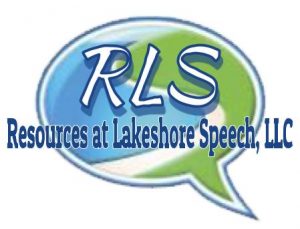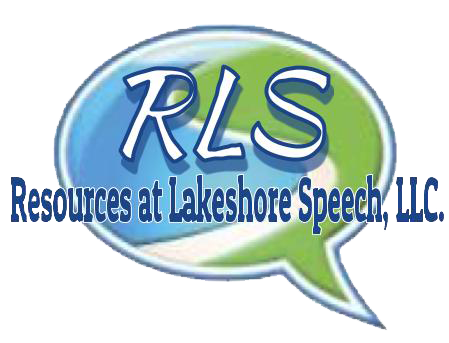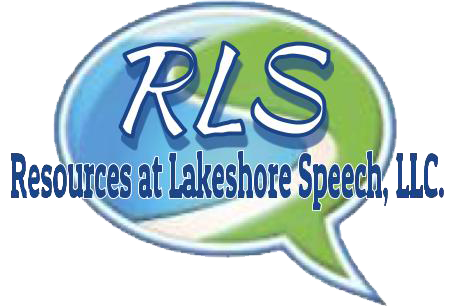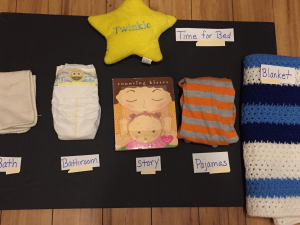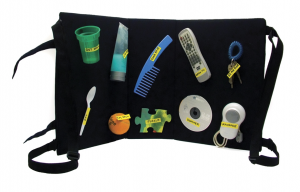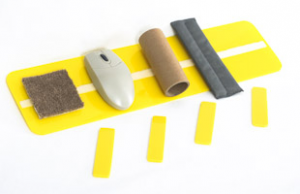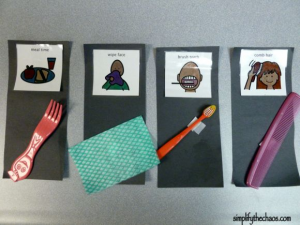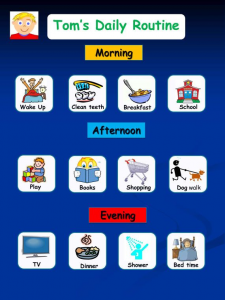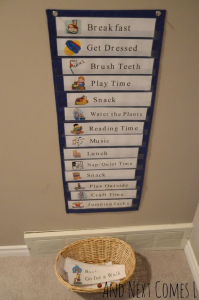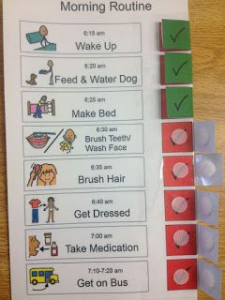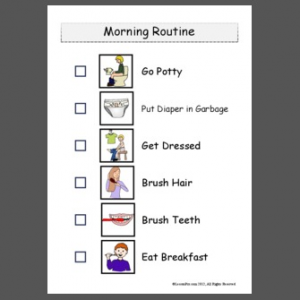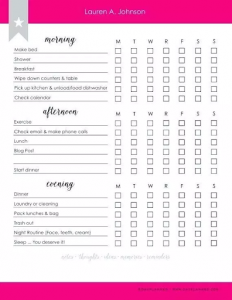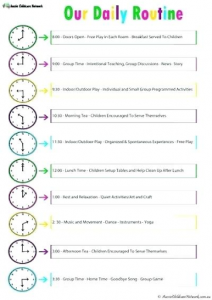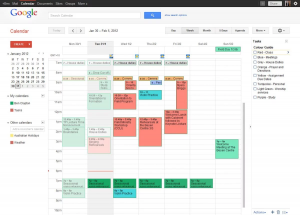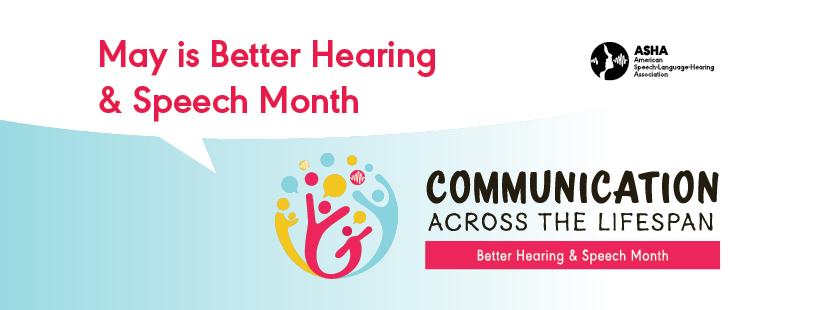There are still plenty of SUMMER fun days left before the 2019-20 school year kicks off. Alas, Ohio state’s Tax Free weekend turns our attention to the new school year earlier than we might want. If you are taking advantage of the financial savings this weekend you want to make sure you are prepared with the facts so your aren’t caught paying more than what you anticipated.
School supplies are tax exempt this weekend (up to $20 per item). Get a copy of your child’s supply list before heading off to the store. Make your game plan for the near and far future. Creating a ‘school supplies collection’ in your home could save hours of frustration, melt-downs, and your overall sanity later in the school year. Yes, your child will need to bring the suggested number of glue sticks, but it’s a known fact that glue sticks dissolve upon entry into any school building. Purchase extras (lots of extras) to store in your ‘school supplies collection’ site. Other items to consider purchasing extras include but are never limited to paper, notebooks, pencils, erasers, scissors, highlighters, markers, markers and markers. Throw in a few extra pencil pouches or pencil boxes and maybe some construction paper for good measure.
Clothing (up to $75 per item) is tax exempt this weekend. All clothing … for all ages…. Including DIAPERS. While the children need to be looking their best with in the new school year so do Y.O.U. Make your game plan for the near and far future. Attempting to try on clothes for yourself when shopping with little ones is a kin to attempting to juggle jello spheres in the sun … a hot mess … just a hot mess. Take inventory of what the children need to make your time shopping most effective and then take a look at what YOU need! Consider going shopping for yourself without the company of the children – your time will be spent on someone equally important – Y.O.U.
A few more money saving tips for this weekend…..coupons can be used…get to clipping. You can redeem ‘store bucks’ toward purchases this weekend as well. Tax free clothing applies at second-hand stores, consignment shops and outlets.
Happy shopping!
Yours in Speech,
Lakeshore Speech Therapy, LLC.
